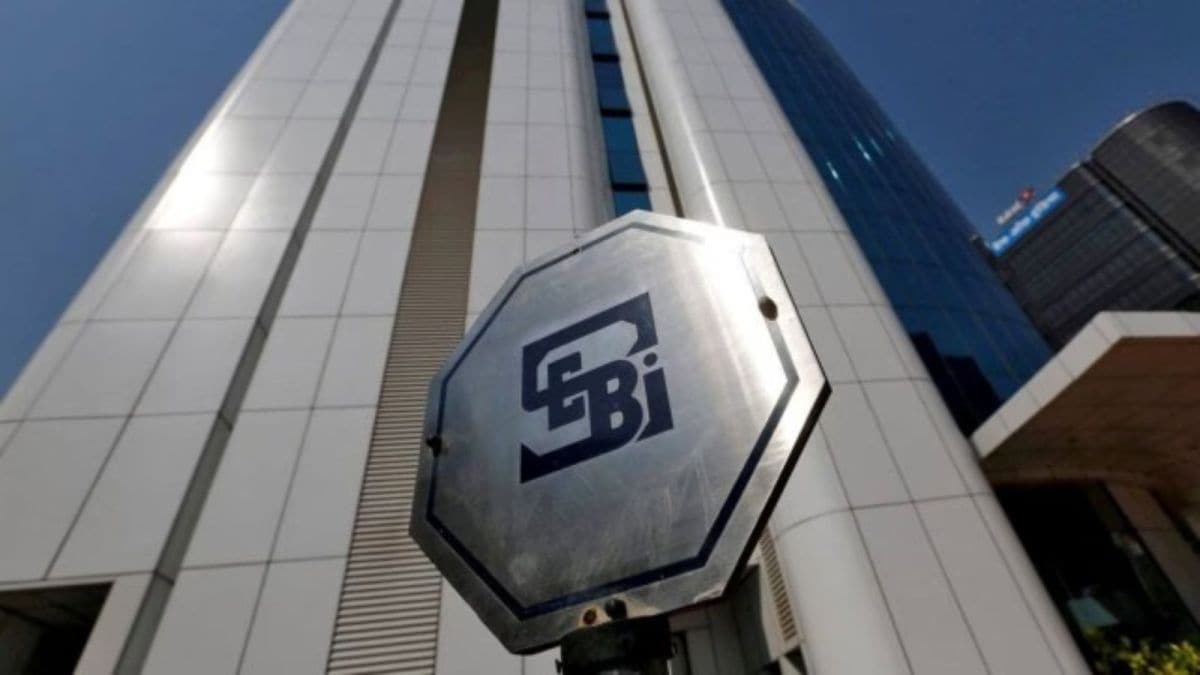Days after Budget red flags, Sebi proposes measures to curb speculative trading in index derivatives
The SEBI’s consultation paper comes days after Finance Minister Nirmala Sitharaman, in the Union Budget for 2024-25, proposed to double the Securities Transaction Tax (STT) on the futures & options (F&O) segment of securities effective October 1, 2024.

Markets regulator, the Securities and Exchange Board of India (Sebi), on Tuesday proposed a series of short-term measures to curb speculative trading in index derivatives (futures & options), including restricting multiple option contract expires, raising the size of options contracts and intraday monitoring of position limits.
The seven measures proposed by the regulator are aimed at curbing speculative trading in derivative markets, protecting investors and for ensuring stability in the market.
The paper noted that in 2023-24, 92.50 lakh unique individuals and proprietorship firms traded in index derivatives segment of NSE and cumulatively incurred a trading loss of Rs 51,689 crore. Further, of these 92.50 lakh unique investors, 14.22 lakh investors made net profit i.e. approximately 85 out of 100 made a net trading loss.
Sebi, in the consultation paper, recommended to revise the minimum contract size for index derivatives contracts in a phased manner. In phase one, the minimum value of derivatives contract at the time of introduction is proposed to be between Rs 15 lakh to Rs 20 lakh. In phase 2, that is, after 6 months, the Sebi said, the minimum value of derivatives contracts would be between the interval of Rs 20 lakh to Rs 30 lakh.
The regulator said that the minimum contract size requirement for derivative contracts (i.e. Rs 5 lakh to Rs 10 lakh) was last set in 2015. During the last 9 years, the benchmark indices have gone up by nearly three times.
The draft paper said the position limits for index derivative contracts should be monitored by the clearing corporations or stock exchanges on intraday basis, with an appropriate short-term fix, and a glide path for full implementation. “Given the inherently higher risk in derivatives and the large amount of implicit leverage, increase in minimum contract size would result in reverse sachetisation of such risk bearing products,” it said.
For rationalisation of options strikes, the paper suggested that the strike interval will be uniform up to a fixed percentage coverage near prevailing index price – i.e. 4 per cent around prevailing index price. The strike price of an option is the price at which a put or call (buy or sell) option can be exercised. Sebi proposed that not more than 50 strikes should be introduced for an index derivatives contract at the time of contract launch.
The paper also suggested that trading members can collect option premiums on an upfront basis from the clients. It also said that the margin benefit for calendar spread positions would not be provided for positions involving any of the contracts expiring on the same day.
In order to enhance investor protection and promote market stability in derivative markets, the consultation paper proposed that the weekly options contracts should be provided on a single benchmark index of an exchange.
To address the issue of high implicit leverage in options contracts near expiry, creating a high risk on notional basis for entities dealing in options, the paper said that the margins on expiry day and the day before expiry should be increase in two manner: – at the start of the day before expiry, Extreme Loss Margin (ELM) to be increased by 3 per cent, and at the start of expiry day, ELM to be further increased by 5 per cent.